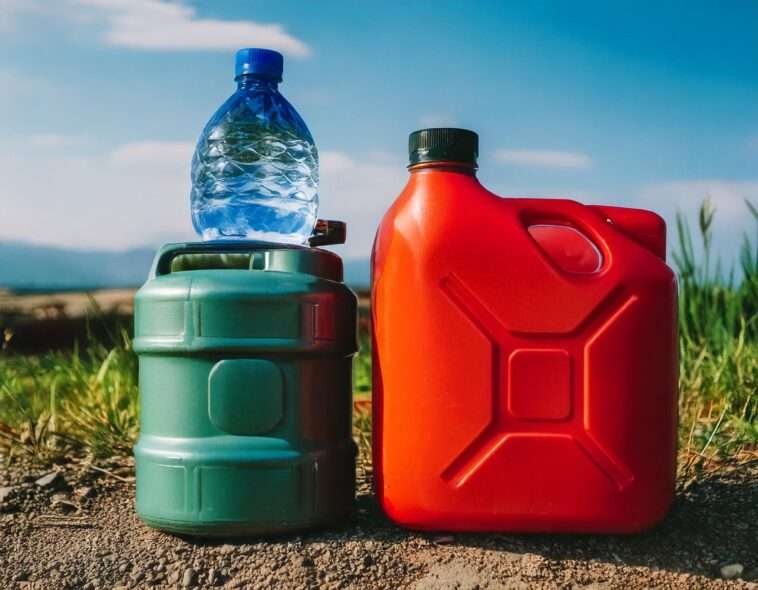Civil war is a catastrophic event that can severely impact lives and infrastructure. Preparing for and surviving such a situation requires vigilance, strategic planning, and adaptability. Here’s what to do if you find yourself in or near a civil war scenario:
1. Prioritize Safety and Awareness
- Stay Informed: Monitor reliable news sources, government announcements, and local alerts to stay updated about developments.
- Avoid Conflict Zones: Identify areas of active fighting or political unrest and steer clear.
- Recognize Warning Signs: Protests, military deployments, or communication blackouts can signal escalating tensions.
2. Prepare for Emergencies
- Stock Essential Supplies:
- Food and Water: Keep a two-week supply of non-perishable items and clean water.
- First Aid Kit: Include medications, bandages, and basic medical supplies.
- Flashlights and Batteries: Ensure reliable lighting in case of power outages.
- Secure Important Documents: Keep passports, IDs, and property papers safe and accessible.
- Cash Reserves: Bank services may be disrupted, so keep physical cash in small denominations.
3. Plan for Shelter and Mobility
- Stay Indoors: In case of immediate conflict, your home may be the safest shelter. Reinforce doors and windows for added security.
- Identify Safe Zones: Know the location of embassies, UN offices, or areas designated as neutral zones.
- Plan an Evacuation Route: Have multiple routes in mind in case you need to flee. Ensure your vehicle is fueled and ready.
4. Maintain Communication
- Stay Connected: Keep mobile phones charged and consider owning a power bank or a solar charger.
- Establish Contact Plans: Agree on a communication method and meeting point with family and friends in case of separation.
- Alternative Communication: In case of network disruptions, use walkie-talkies or satellite phones.
5. Minimize Risks
- Avoid Political Discussions: Stay neutral to reduce the risk of being targeted.
- Blend In: Avoid drawing attention by dressing inconspicuously and avoiding symbols that align with any group.
- Limit Movement: Only travel when necessary, preferably during daylight hours and on secure routes.
6. Seek Help and Support
- Contact Embassies: If you are a foreign national, reach out to your embassy for assistance.
- Utilize Humanitarian Aid: NGOs and international organizations often provide food, shelter, and medical care during conflicts.
- Community Networks: Coordinate with neighbors and community members for mutual support and safety.
7. Long-Term Considerations
- Relocation: If the situation worsens, consider relocating to a safer region or country.
- Mental Health: Conflicts can be traumatic. Seek counseling or support from trusted individuals.
Precautions for Specific Risks
- Looting and Violence: Secure valuables and avoid areas prone to looting.
- Military Checkpoints: Be cooperative but cautious. Carry identification at all times.
- Food and Water Safety: Consume only sealed or thoroughly cooked items to avoid contamination.
Resources for Assistance
- Local Authorities: Police and emergency services, if operational.
- International Aid Organizations: Groups like the Red Cross or UNHCR often operate in conflict zones.
- Digital Tools: Apps like Signal (for secure communication) or offline maps can be invaluable.





